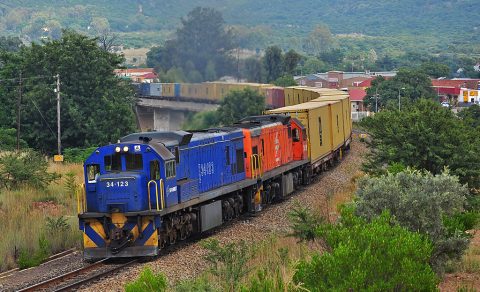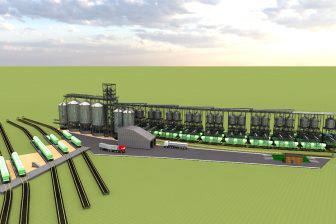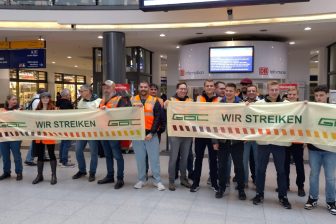
South African railway network opens for private operators
Transnet announced that as of 1 April, private parties interested in using the South African railway network can apply for their preferred slots. Transnet is South Africa’s state-owned transport company, responsible for rail freight and rail infrastructure, among other things. The company’s decision to start selling slots is practically the needed step towards liberalising the South African rail freight market.
Do you want to read the full article?
Thank you for visiting RailFreight.com. Become a member of RailFreight Premium and get full access to all our premium content.
Are you already a member?
Having problems logging in? Call +31(0)10 280 1000 or send an email to customerdesk@promedia.nl.




